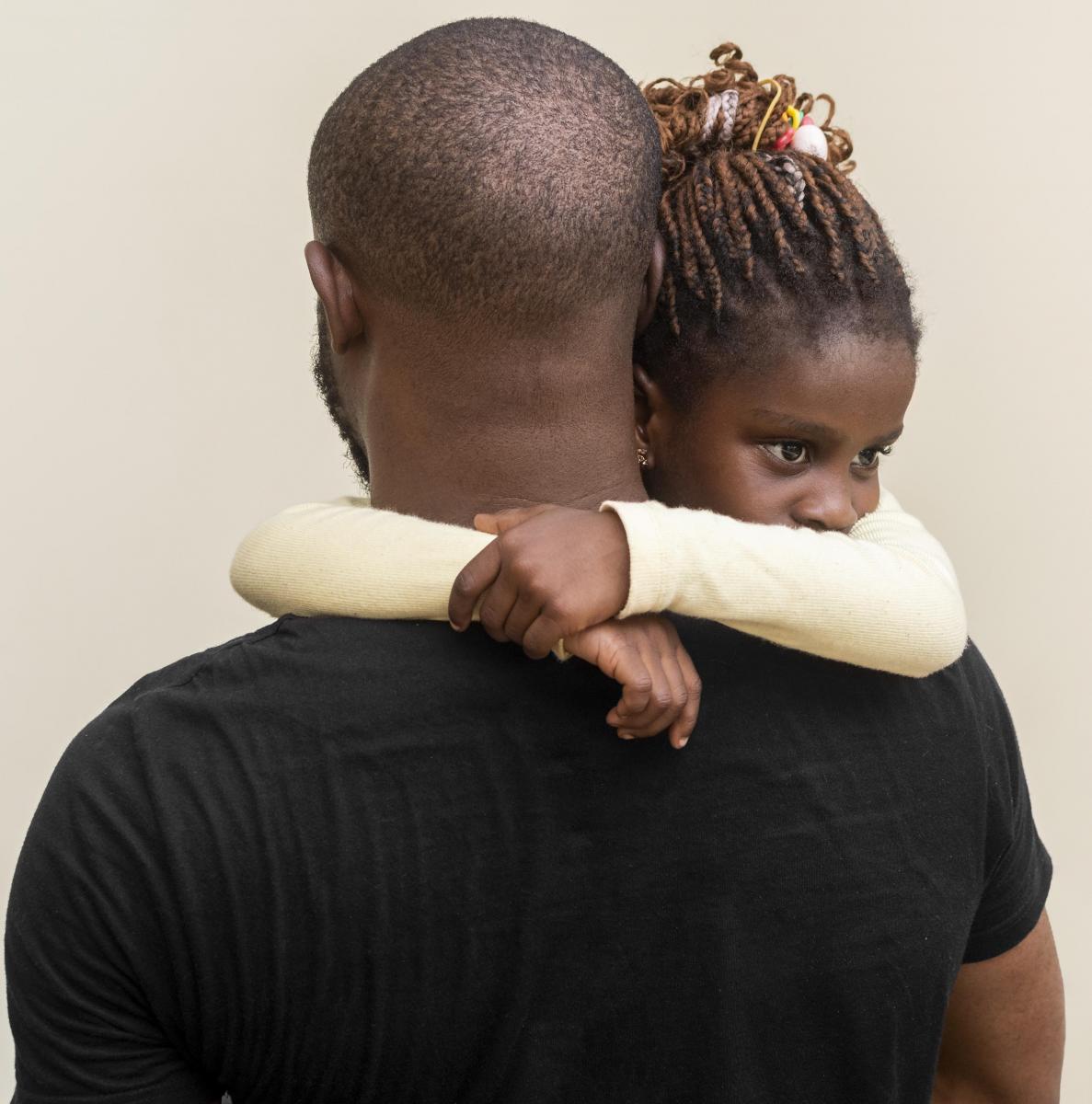
Every year on the 1st of June, a clarion call sounds across the globe as the world marks international day for protection of children. This commemoration unites nations in a common front to end all forms of violence against children and reaffirms our collective responsibility to protecting the most vulnerable in our midst.
International day for protection of children is a reminder of our global commitment to ending violence against children by 2030, as pledged during last year’s Global Ministerial Conference on Ending Violence Against Children in Colombia.
In South Africa, the day was observed within Child Protection Week, which was convened between 29 May to 5 June this year, under the theme “working together in ending violence against children”.
It forms part of a broader awareness drive for Child Protection Month during May, which culminated in the start of a 365-day child protection programme to tackle the plight of children.
As government we are resolute that protecting children must go beyond an annual commemoration and requires ongoing awareness and interventions. We live in a society where children are often confronted with social evils and sometimes are preyed upon by ruthless predators.
Often the perpetrators of these atrocities are trusted individuals such as parents, guardians, teachers and caregivers. Therefore, we are all called upon to do more to ensure the safety of children.
The prevalence of brutal crimes against children calls for urgent society wide interventions. In this regard, the South African government has, through the Justice, Crime Prevention and Security Cluster (JCPS), together with their counterparts in the Social Cluster initiated a 90-day intensification program against Gender Based Violence and Femicide. This government wide initiative is underway and is being implemented through the National Joint Operational and Intelligence Structure (NatJoints)
As an implementation approach, the NatJoints has established workstreams, focusing on specific areas of intervention, including prevention and social cohesion, enforcement, care and support, legal and regulatory framework, statistics and systems, funding and costing, communication, partnerships and community mobilisation and monitoring and evaluation. Together, these intervention areas are aimed at bringing synergy and integration and address the gaps in the justice system value chain, for the effective prosecution of GBVF cases.
This intensification program kicked off with a GBVF roundtable which drew leaders from all sectors of society together, as a common front to engage on the concerns of the people about the distressing reality of the increasing incidents of GBVF in the country and to chart a way forward to tackle the scourge. This includes the safeguarding and protection of children and young people, as they also bear the brunt of the scourge of GBVF.
To further uplift the lives of vulnerable children, government is working to increase their access to social protection services. This includes the child support grant and other critical interventions such as accessing smart identity cards. Outreaches have also commenced to reach children in impoverished communities and these initiatives will continue as part of the 365-day child protection programme.
As government implements various measures to enhance the quality of life for children and protect them, we urge every sector of society to play their part in safeguarding and developing the lives of children.
Teachers can play their part at schools by taking a stand against abuse, corporal punishment and bullying, whilst parents can educate their children on their rights and safety measures in schools, societies and online.
We urge every citizen to take a firm stance against violence against children and to report any form of abuse or neglect to their nearest police station or social services. Citizens can also report abuse via SAPS Crime Stop: 08600 10111, the GBV Command Centre: 0800 428 428 or Childline 116.
Let us work together to protect our children from harm and create safe, enabling environments where they can develop to their full potential and thrive.
Mava Scott is the Chief Director: Cluster Communication (Justice, Crime Prevention and Security; International Cooperation, Trade and Security)



 Facebook
Facebook Twitter
Twitter WhatsApp
WhatsApp